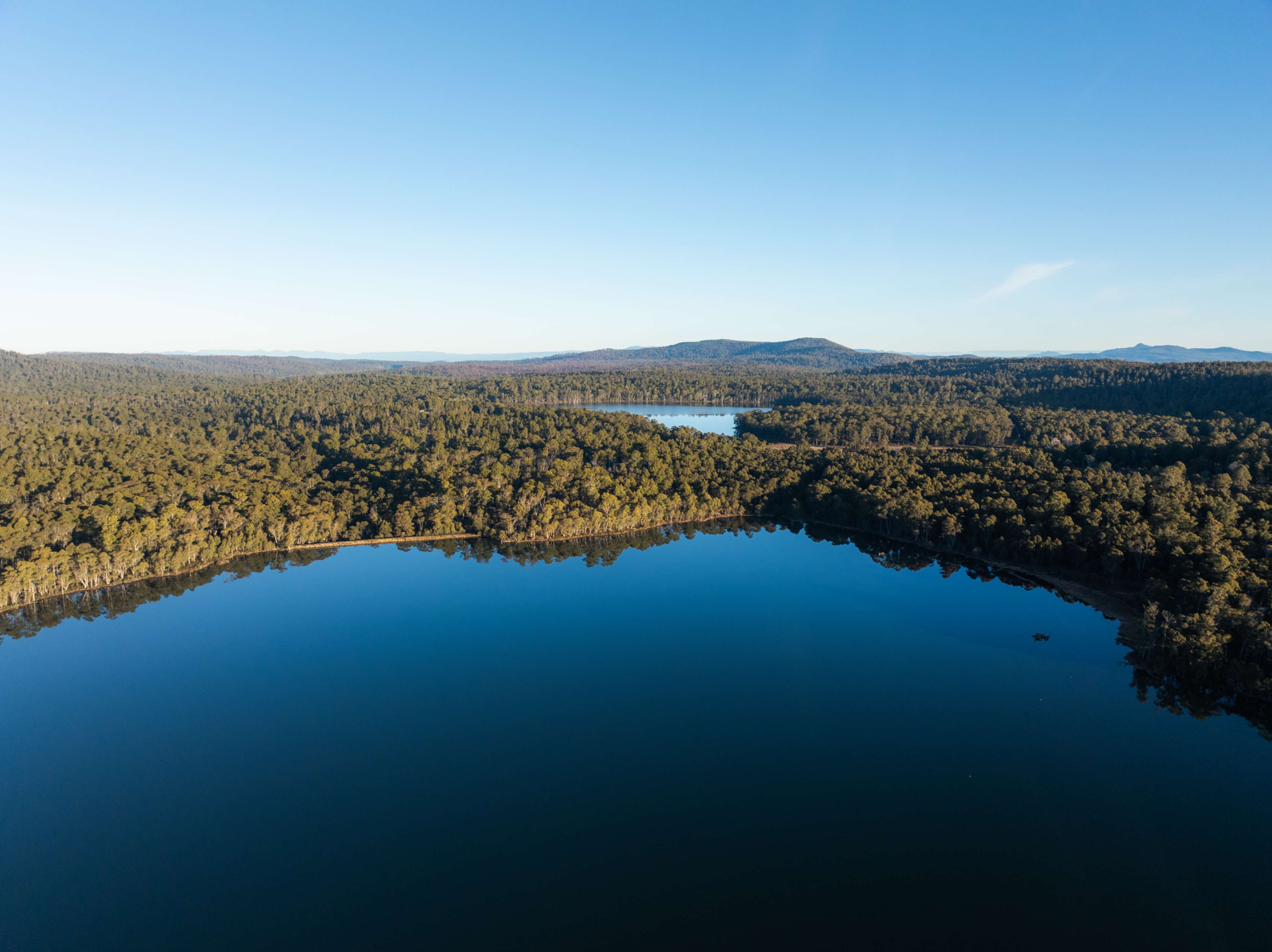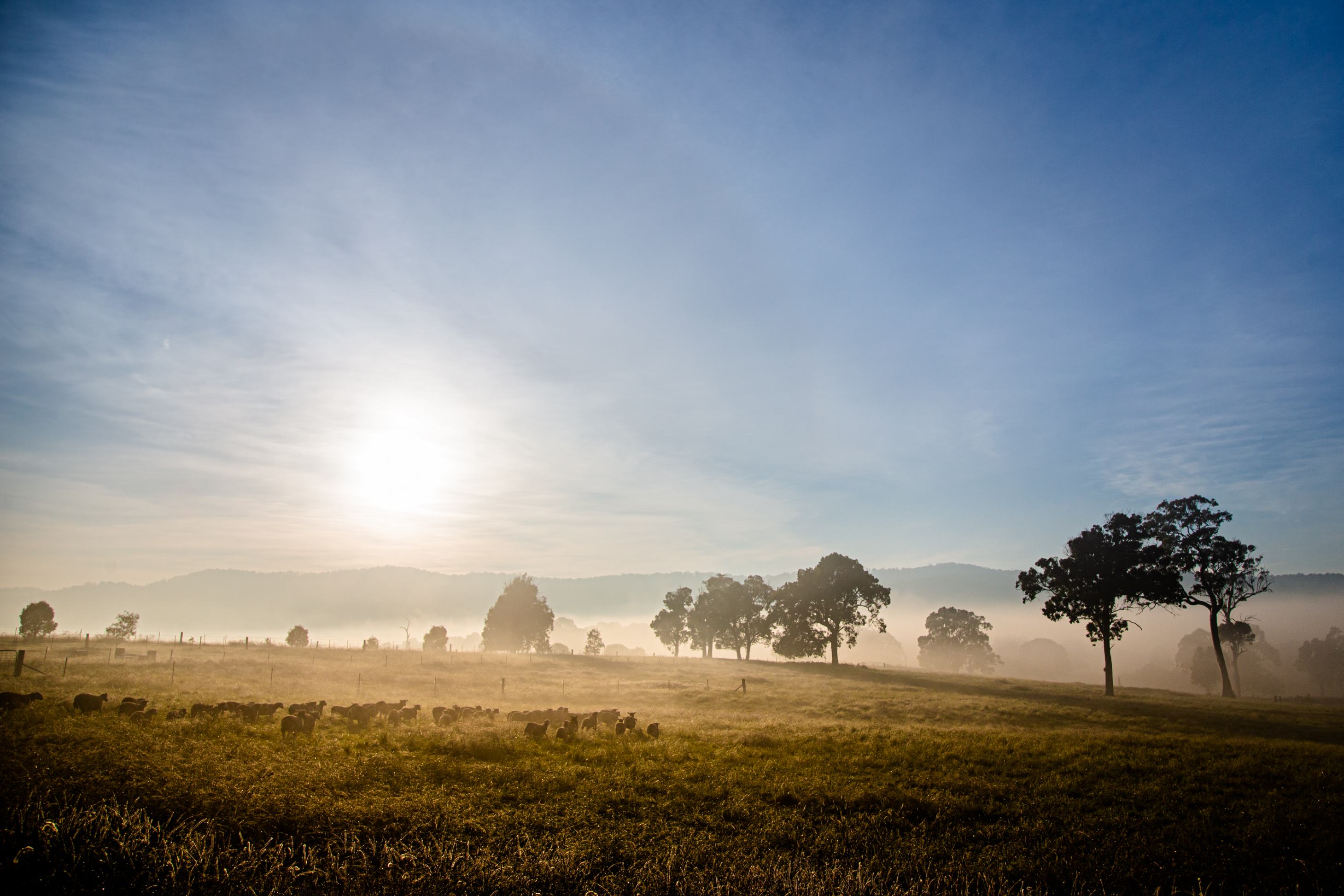Growing demand for natural capital in Australia’s rural market
Australia’s rural property market is being boosted by growing demand for natural capital, according to Knight Frank and its partner, McGrath Estate Agents.
2 minutes to read
Knight Frank Head of Agribusiness Valuations and Advisory in Australia Jason Oster said demand for ‘green investments’ in the rural market was the strongest amongst corporate buyers, with these groups increasingly required to meet ESG targets.
“Corporate demand for most types of agricultural businesses is very strong,” Mr Oster said in Knight Frank’s recently-released The Rural Report 2024/25.
“Institutional investors seem to be finding it really easy to raise funding to invest in agriculture at scale. Centuria Capital’s agricultural fund has, for example, invested over A$400 million in protected cropping assets in recent acquisitions.
“Large-scale opportunities involving natural capital are particularly sought after.
“There has definitely been an increase in demand for assets such as low-rainfall pastoral grazing that have the potential to sequester carbon.
“Premiums are being paid for these properties, however given it is a developing market there are variations in appetite for the income from carbon credits.
“It’s a bit of a dark art, but big businesses are keen to own such assets because it helps them with their ESG stories.”

Mr Oster said new mandatory sustainability reporting requirements were being rolled out in Australia from the start of the next financial year, with big businesses to be impacted first, and rural properties would help corporates with ESG solutions.
“We expect the mandatory sustainability reporting to lead to greater investment in agribusiness assets with strong natural capital attributes,” he said.
Mr Oster said the farmland market had a positive outlook in general even though demand from farmer-buyers had been tempered by a period of high borrowing costs and volatile livestock commodity values.
“It feels like confidence is starting to return as inflation is back under control and livestock markets are recovering,” he said.
“Land values are holding up pretty well. There has also been good news for the vineyard market as the punitive Chinese tariffs on Australian wine have been lifted.”
Managing Principal of McGrath Upper Hunter, Michael Burke said there had been a clear increase in demand for green investments locally, which was only growing stronger.
“The biodiversity offsets space has been particularly active over the last five to 10 years in particular as environmental impact assessments have become mandatory for industrial and corporate clients, including those in mining,” he said.

“Over the course of the last 15 years properties purchased for this use have cumulatively accounted for more land acquisitions than any other use.
“Properties suitable for biodiversity offsets command as much as a 10 to 15 per cent premium above traditional grazing markets in the Hunter Valley.”
Mr Burke said buyers looking for green investments in the area typically looked for properties of 400 hectares at a minimum, with the biggest transaction being around 4000 hectares.